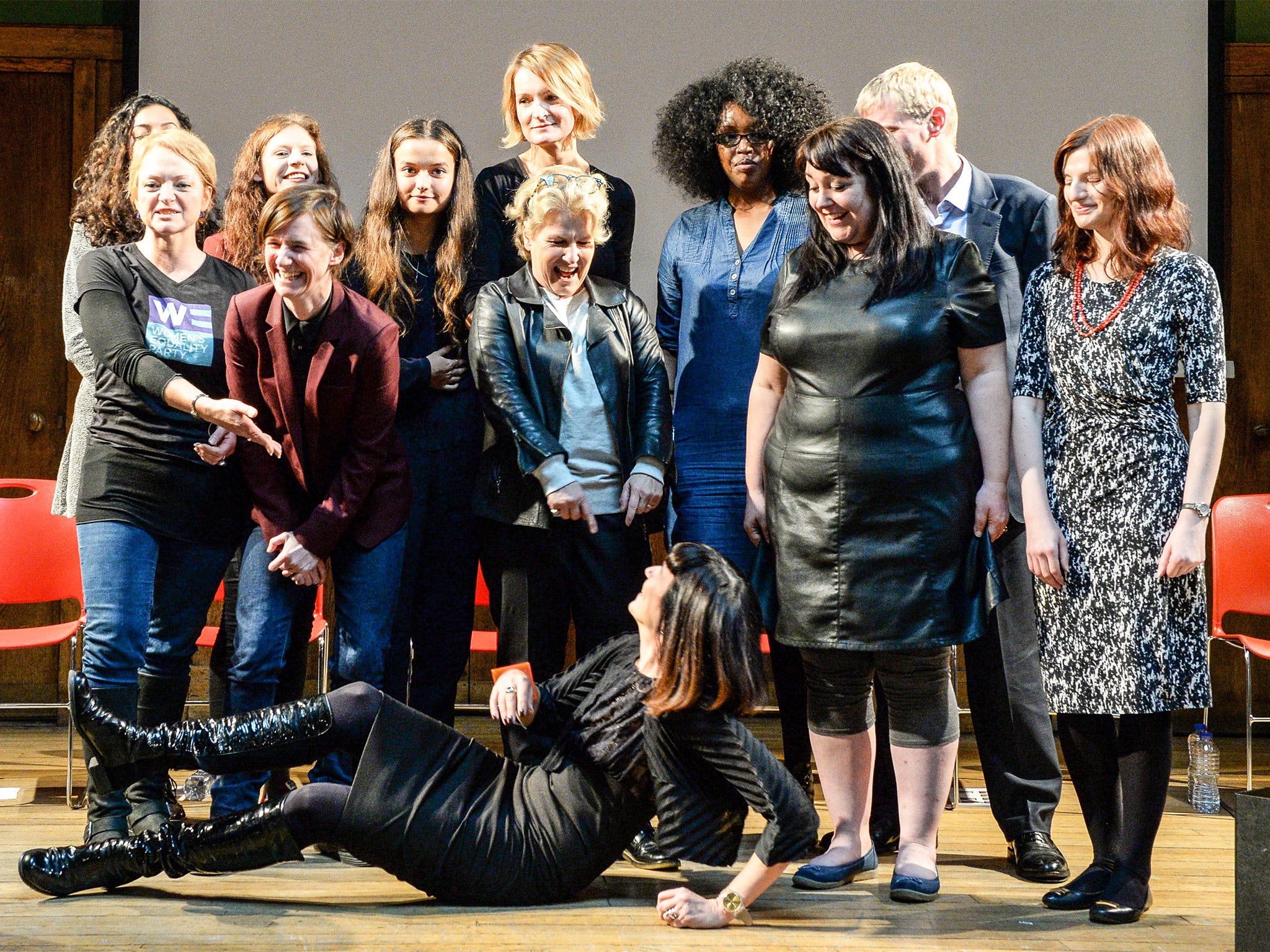The Women’s Equality Party has achieved a lot in a short time
Political success is about far more than winning at the ballot box; for small parties it is about changing the tenor of political debate

It has had the most auspicious of political starts: from an idea shared among equals in a bar just seven months ago, the Women’s Equality Party now has a national membership of 45,000 people. At its official launch in London yesterday, the party – whose figureheads include the journalist Catherine Mayer and comedian Sandi Toksvig – set out its flagship policies: a 50/50 Parliament by 2025, and gender equality lessons for all children from the age of four. It is hoped that the party will force public attitudes to change, putting pressure on the Conservatives and Labour to do the same.
The sudden transformation of a small group of women committed to change into a political party commanding the attention of the nation’s media is indicative of two things which the mainstream parties would do well to take note of. The first is the urgent need for women to be fairly represented in politics. It is not acceptable that half the population is both literally and figuratively shut out of much of the debate about the policies which influence their lives. Using a quota system to resolve the problem may feel unfair; the alternative, the perpetuation of the status quo, is far more troubling.
The second is that there is still a widespread desire for political policy to be developed from grassroots movements rather than the centre. This is a complicated business, but good leadership is the mark of a party which can take ideas that resound with supporters and turn them into policy which works in practice. This may hold some lessons for the mainstream in this area.
Political success is about far more than winning at the ballot box; for small parties it is about changing the tenor of political debate. With the speed at which the party is growing, and the fierce ambition of its aims and its membership, the Women’s Equality Party has a good chance of doing that.
Join our commenting forum
Join thought-provoking conversations, follow other Independent readers and see their replies
Comments
Bookmark popover
Removed from bookmarks